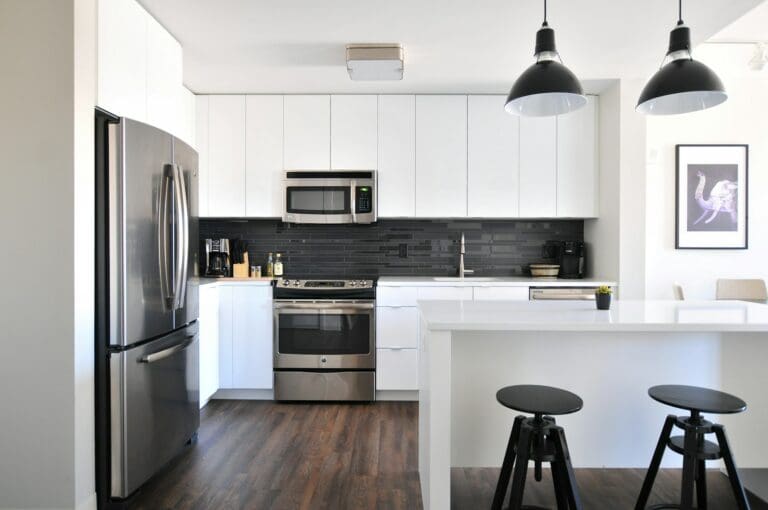Pneumonia is a serious respiratory infection that can cause severe illness or even death if left untreated. It occurs when the air sacs in one or both lungs become inflamed and fill up with fluid or pus. If you suspect that you have pneumonia, it is important to seek medical attention right away. Here are some tips on what to do if you get pneumonia:
Recognize the Symptoms
The symptoms of pneumonia can vary depending on the cause, severity, and individual factors. However, some common signs and symptoms include:
- Cough that may produce phlegm
- Fever, sweating, and chills
- Shortness of breath and chest pain
- Fatigue and weakness
- Nausea, vomiting, and diarrhea (especially in children)
If you experience any of these symptoms, especially if they are severe, persistent, or accompanied by other health problems, you should contact your healthcare provider or go to the emergency room.
Get a Diagnosis
To confirm whether you have pneumonia, your doctor may perform several tests, such as:
- Physical exam to check your lungs and breathing
- Chest X-ray to see if there are any abnormalities
- Blood tests to detect the presence of bacteria or viruses
- Sputum culture to identify the type of microorganism causing the infection
- Pulse oximetry to measure the oxygen level in your blood
Based on the results of these tests, your doctor can determine the cause and severity of your pneumonia and recommend the appropriate treatment.
Follow the Treatment Plan
The treatment for pneumonia depends on the cause, type, and severity of the infection. In most cases, antibiotics are prescribed to kill the bacteria or viruses that are causing the pneumonia. You may also need other medications to relieve the symptoms, such as painkillers, cough suppressants, or bronchodilators.
It is important to take your medications as prescribed and follow your doctor’s instructions carefully. Make sure to finish the entire course of antibiotics, even if you start feeling better before the medication is finished. Failure to complete the treatment can lead to recurrence or complications of the infection.
Take Care of Yourself
In addition to taking medications, there are several self-care measures that can help you recover from pneumonia and prevent complications. These include:
- Getting plenty of rest and sleep to allow your body to heal
- Drinking plenty of fluids, especially water, to stay hydrated and loosen the mucus
- Using a humidifier or taking steamy showers to soothe your airways and ease breathing
- Avoiding smoking, secondhand smoke, and other irritants that can worsen your symptoms or damage your lungs
- Eating a healthy and balanced diet to support your immune system and energy levels
- Following up with your doctor for any necessary checkups or tests to monitor your recovery
Seek Emergency Care if Needed
In some cases, pneumonia can lead to serious complications, such as sepsis, respiratory failure, or lung abscess. If you experience any of the following symptoms, seek emergency care immediately:
- Difficulty breathing or shortness of breath
- Chest pain or pressure
- Confusion or disorientation
- Bluish or grayish skin color
- High fever (above 102 F) that does not respond to medication
Conclusion
Pneumonia is a serious respiratory infection that requires prompt medical attention. If you suspect that you have pneumonia, it is important to recognize the symptoms and get a diagnosis as soon as possible. Follow your doctor’s treatment plan carefully, take care of yourself, and seek emergency care if needed. With proper treatment and self-care, most people with pneumonia can recover fully and avoid complications. Remember to always practice good hygiene, such as washing your hands regularly and covering your mouth and nose when you cough or sneeze, to reduce the risk of infection. Stay healthy and stay safe!

